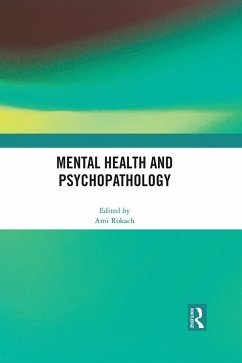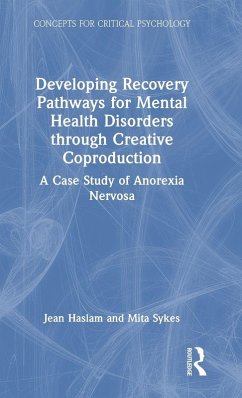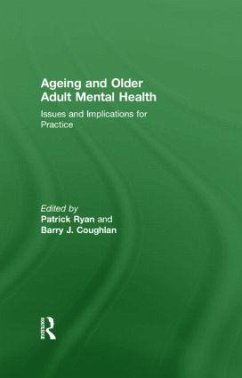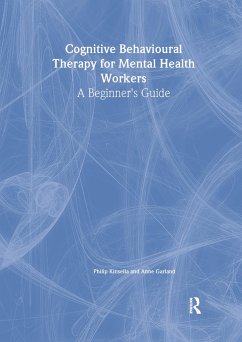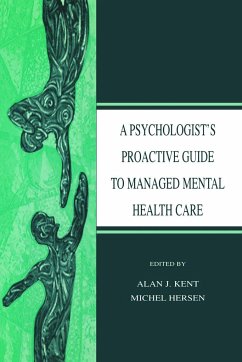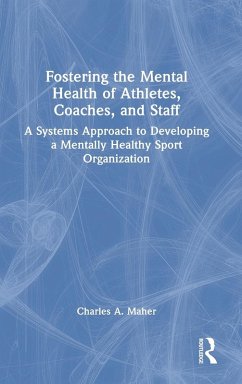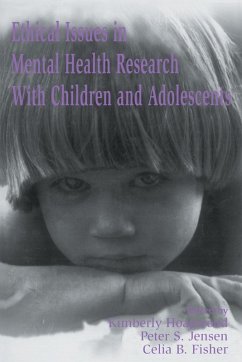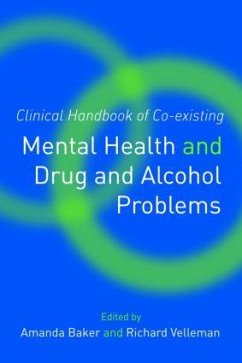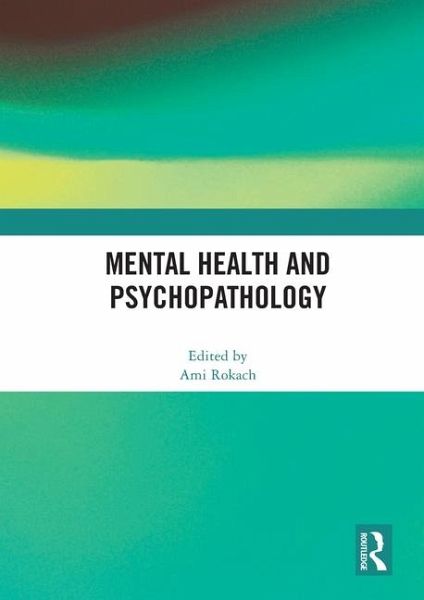
Broschiertes Buch
Mental Health and Psychopathology
Versandkostenfrei!
Versandfertig in 1-2 Wochen

PAYBACK Punkte
27 °P sammeln!




This volume is a compilation of articles that shed light on psychopathology, how the one struggling with it experiences its implications, and how it affects everyday life.
Ami Rokach is clinical psychologist who has been researching and teaching about loneliness, human sexuality, and psychotherapy for the past 40 years. Ami is Executive Editor of The Journal of Psychology: Interdisciplinary and Applied, and a clinical psychologist who combines offering individual, couple and sex therapy with teaching and research. He is member of the psychology departments at York University in Canada, and Walden University in the USA.
Produktdetails
- Verlag: Routledge
- Seitenzahl: 342
- Erscheinungstermin: 29. Januar 2024
- Englisch
- Abmessung: 246mm x 174mm x 18mm
- Gewicht: 610g
- ISBN-13: 9781032153186
- ISBN-10: 1032153180
- Artikelnr.: 69923000
Herstellerkennzeichnung
Libri GmbH
Europaallee 1
36244 Bad Hersfeld
gpsr@libri.de
Für dieses Produkt wurde noch keine Bewertung abgegeben. Wir würden uns sehr freuen, wenn du die erste Bewertung schreibst!
Eine Bewertung schreiben
Eine Bewertung schreiben
Andere Kunden interessierten sich für


